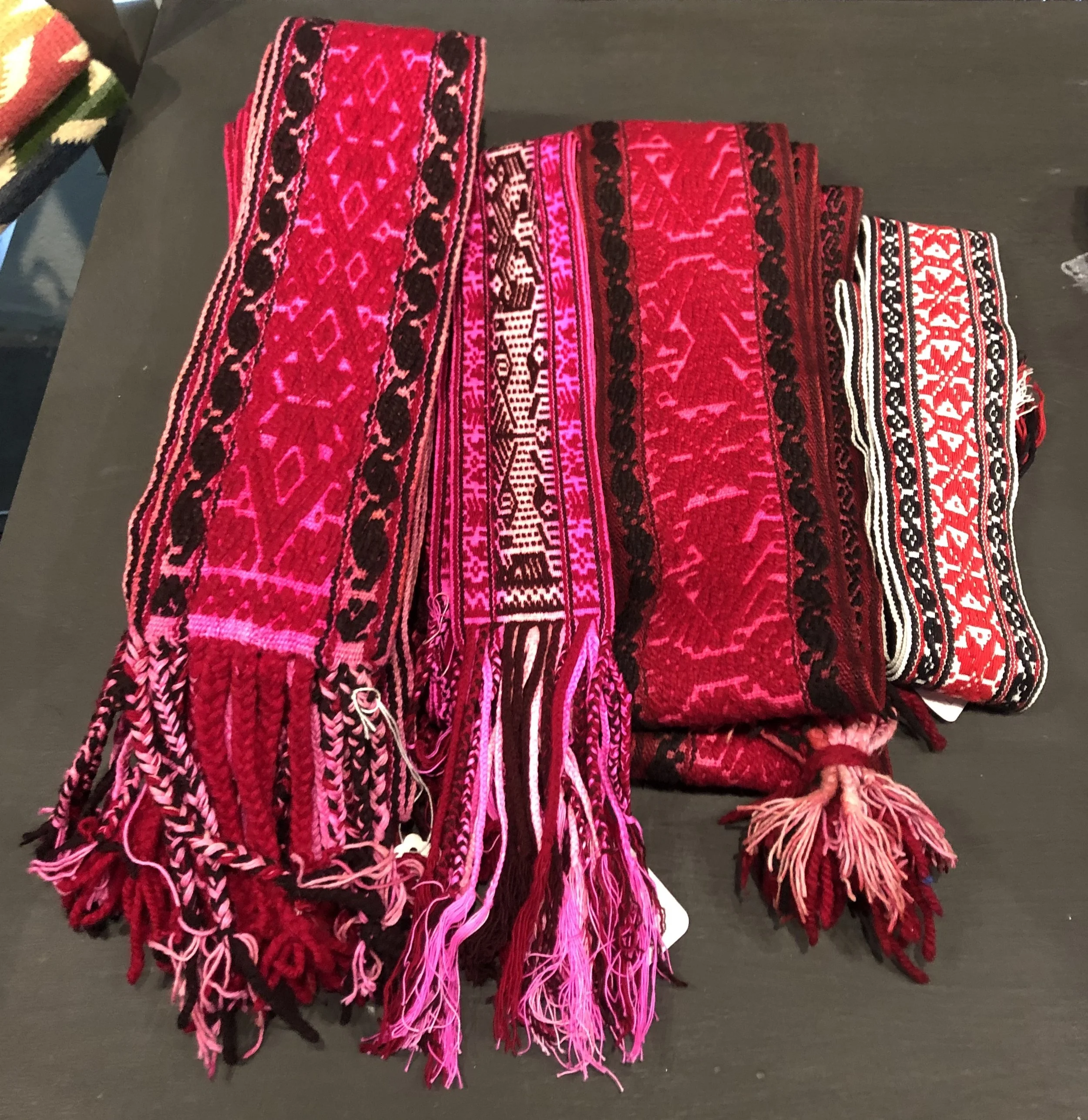BIOCULTURAL DESIGN DEFINITION
Cultural heritage is the result of a profound dialogue between humanity and nature, reflected in the development of arts and crafts that shape our cultural identity. Guardians of ancestral knowledge struggle to preserve and manage natural resources amidst loss of habitats and biodiversity. Climate change has further endangered valuable resources for artisans by altering harvest cycles.
Traditional practices and knowledge, passed down through generations, are at risk of being lost within this decade.
Preserving a country's natural heritage without considering the cultures that shaped it is unthinkable. Therefore, conservation of biodiversity and traditional knowledge must be a priority, as the materials and crafts representing our cultural identity are currently endangered.
To introduce design thinking in biocultural heritage conservation, solutions based on nature and the wisdom of tradition need to be implemented, supporting and valuing the custodians of this knowledge and their natural resource management strategies.
This gives rise to a new approach called "biocultural design", which aims to enhance the adaptive capacity of rural and indigenous communities to address global challenges in dynamic environments.
The goal is to initiate a conversation about how endogenous innovation can support sustainable development, enabling local indigenous communities to pursue self-sufficiency and internal development through innovation in infrastructure, technology, products, services, and market access. This ancestral knowledge, developed over millennia, has shaped our cultural identity. The custodians of this ancient knowledge struggle to conserve and manage natural resources due to loss of habitats and biodiversity, and climate change exacerbates these challenges by disrupting harvest cycles. Biocultural design seeks to integrate traditional wisdom with contemporary innovation to address current challenges and protect our biocultural heritage.
In conclusion, biocultural design acknowledges and values the ancestral knowledge and traditional practices of rural and indigenous communities, promoting biodiversity conservation and cultural heritage protection in a rapidly changing world with global challenges. It is imperative to support the custodians of this knowledge and collaborate with them to find innovative and sustainable solutions that foster community development and preserve cultural identity in harmony with nature.
BIOCULTURAL DESIGN PRACTICES
Biocultural Design Practices seeks to address this issue by promoting the sustainable use and management of natural resources, including indigenous plants and materials.
Biocultural Design (BD) is an emerging practice that diverges from the anthropocentric principles of Human-centered design, which have contributed to the ecological damage and climate crisis that we face today. Instead, BD prioritizes a nature-centered approach that emphasizes preventive and restorative practices aimed at healing the earth and protecting all species. By blending insights from both biology and culture, BD seeks to create regenerative solutions that support the interconnectedness and interdependence of all living systems. Through this holistic approach, BD recognizes that humans are not the only beneficiaries of design interventions and that our actions have a profound impact on the health and well-being of the entire planet. As such, BD places a strong emphasis on sustainability, environmental responsibility, and ethical considerations, and seeks to engage with diverse cultural perspectives to create solutions that are equitable, inclusive, and socially just.
Biocultural Design recognizes the importance of preserving traditional cultural practices, such as crafts and textiles, and the natural materials that are required to sustain them. Many of these practices rely on the use of indigenous plants, for example, which provide natural dyes and fibers that are essential for creating textiles and other handicrafts. However, as a result of industrialization and modernization, these natural resources have become increasingly scarce, and many traditional practices have been lost or are at risk of disappearing.
Additionally, BD recognizes the vital importance of Indigenous Ways of Knowing in creating sustainable and regenerative solutions. Indigenous communities have long-standing relationships with their local ecosystems and possess valuable knowledge and skills that have been developed over generations of living in harmony with nature. By engaging with and learning from indigenous communities, BD can incorporate this traditional knowledge into its solutions, and create designs that are better adapted to the specific needs and conditions of local ecosystems. This approach can help to create more sustainable and culturally appropriate solutions that benefit both people and the environment. In this way, BD seeks to create a more equitable and inclusive design practice that values and celebrates diverse cultural perspectives and ways of knowing.
This involves working closely with local communities and indigenous groups to understand and respect their cultural practices and to support the preservation and revival of traditional knowledge and skills. By doing so, BD can help to ensure that these valuable cultural practices are kept alive and that they continue to provide economic opportunities and cultural enrichment for future generations. At the same time, by prioritizing sustainability and environmental responsibility, BD can help to protect and preserve the natural resources that are necessary to sustain these practices over time.
By incorporating traditional ecological knowledge and practices into design processes, designers can create sustainable solutions that benefit both the environment and local communities, support sustainable development and promote cultural resilience in the face of climate change. These solutions can also help to preserve and honor the cultural heritage and support local economies.
To support this project, please contact me.
© 2023 Carmen Artigas
Khadi Oaxaca, coyuchi cotton - Credit Carmen Artigas
FONART - Mexican Traditional Garments Archive
Cochineal dyed belts

